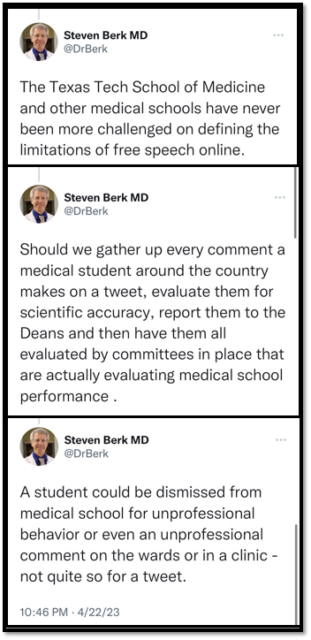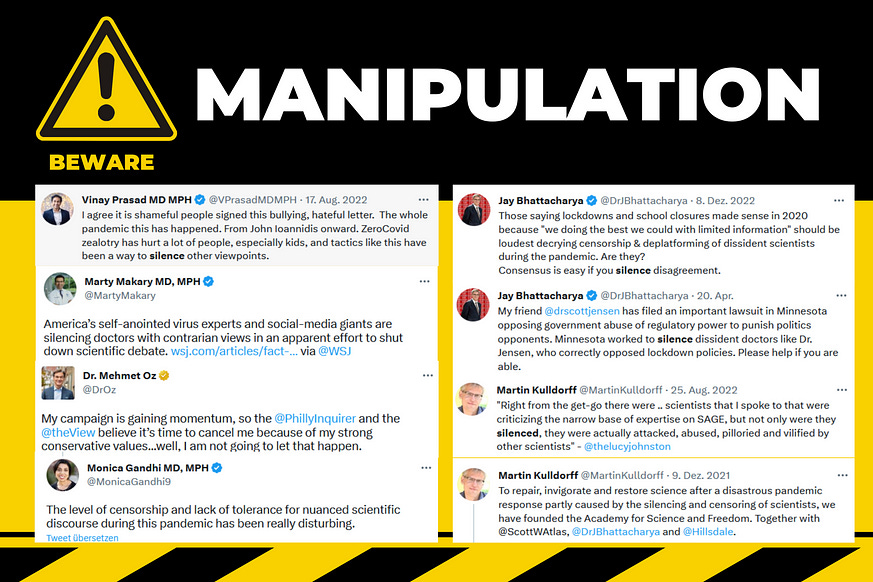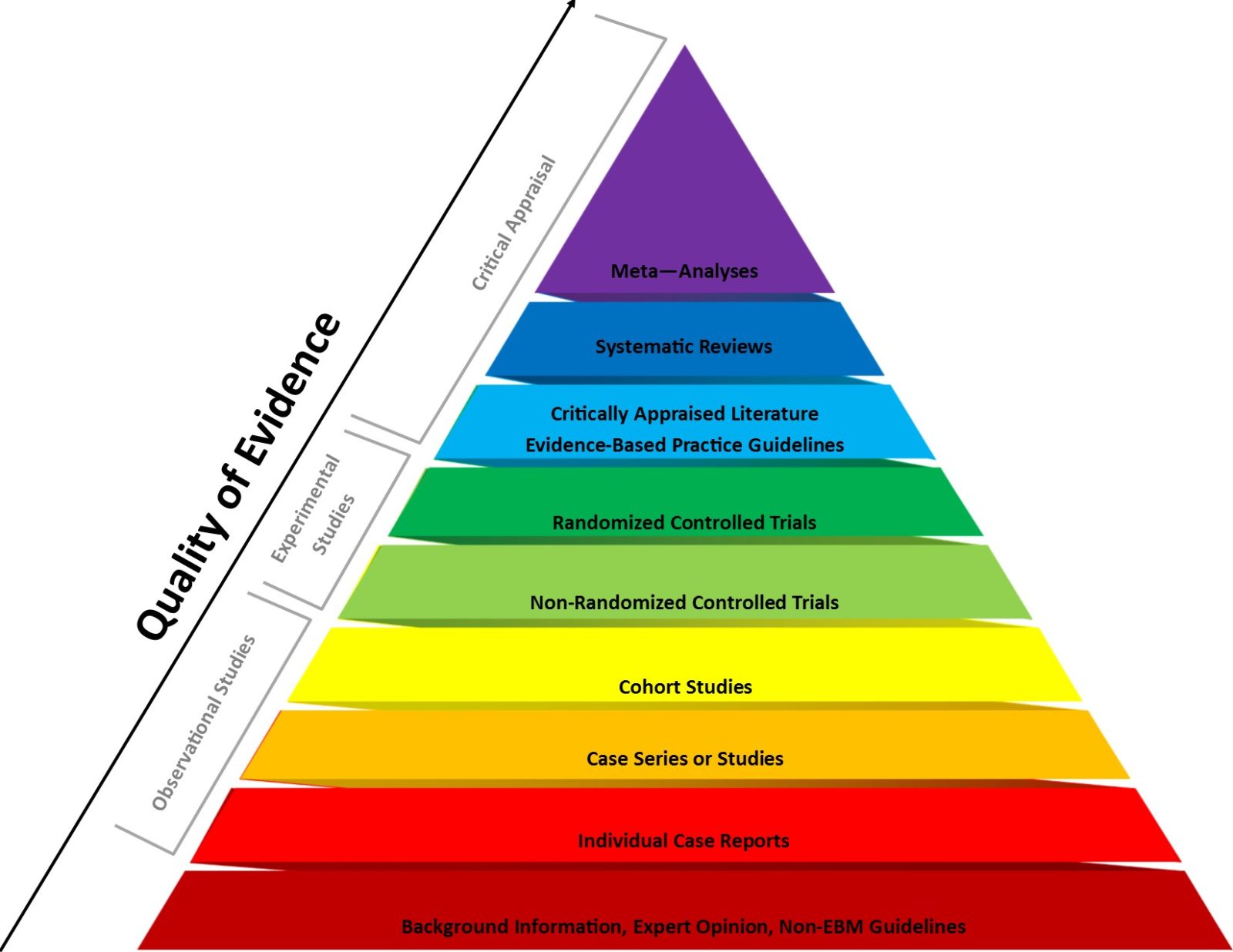Note: Dr. Berk sadly passed away peacefully from heart disease several days after this was written. He was clearly a beloved doctor and teacher who made his school and community an infinitely better place. Our thoughts are with his family and friends.
Dear Dr. Berk,
A theme of my writing is that people with no real-world responsibility for a problem should be very careful when lecturing those with actual responsibility. It’s very easy for people to say what they would do in a tough situation. I interact with medical students all the time, but I’ve never been asked to discipline any of them, especially in a public way. So I am wary of giving you advice, since that’s what’s being asked of you regarding a problematic medical student who has spread COVID misinformation in the national media, most recently spreading the myth that doctors in New York City, where I’ve worked throughout the pandemic, killed large numbers of patients through intubations.
On Twitter, you seemed unsure what to do. You said:

I agree with much of what you said, and I don’t know the proper response either. Medical schools are indeed being challenged by online speech, and you cannot and should not police every comment by every student. Like myself, you signed up to be a doctor and educator, not an online policeman.
Moreover, we both know that if you criticize this student’s ideas in the slightest way, two things will happen.
- You will be accused of personally attacking and trying to censor the student. One way that people silence voices like yours is to weaponize their perceived victimhood by saying you are “attacking” or “censoring” them whenever you merely correct their factual errors.
- You will face hostile social media backlash. This student has become a mini-celebrity of sorts through his oh-so controversial hot takes, and he might turn on a firehouse of Twitter nastiness on you. I’ve been doing this for a long time, and I know what that’s like.
I understand why you might want to not touch that hornet’s nest. Your current path spares you these accusations and vitriol.

Loud doctors reflexively claim to be silenced when they are merely criticized (image credit Philipp Markolin)
However, I also found your response lacking. No one asked you to weigh in on “every comment a medical student” makes. The fact that you can’t respond to every comment by every student, doesn’t mean you can’t comment on any comment by any student. This student clearly relishes his role as a contrarian influencer, and will likely continue to escalate his rhetoric lest he not be seen as “edgy” and “controversial.” Thanks to audience capture, he’ll follow his followers wherever they lead him.
That he is a medical student at your school means you see him as someone who is fit to treat patients in the near future as a doctor. You rightfully say you would not tolerate an unprofessional comment towards an individual patient. However, medical professionals (including students) have a similar obligation when presenting themselves as experts to the general public. You seem to imply that unprofessional advice that would be intolerable if given to an individual patient should be ignored when it is given to a much larger audience of strangers. This doesn’t make much sense to me.
Moreover, you don’t have to silence anyone, especially yourself. You are allowed to speak. You can publicly disagree with a medical student who carries the imprimatur of your university and who has gained attention in the national media by spreading misinformation. Publicly pointing out his errors is not censoring him or attacking him, though you will be accused of this if you critique this student in any way. But, so what? I don’t think either of us is in a vulnerable position in our careers. Having strangers say mean things to us on Twitter isn’t such a heavy burden, is it?
Like I said, it’s easy for me to say what I would do if I were you, and maybe you worry that critiquing this medical student will allow him to parlay his victimhood into even greater stardom. That’s a very legitimate concern, and if that’s the conclusion you’ve reached after giving this careful thought, I respect it 100%. I’ve previously made the mistake of contradicting people only to inadvertently amplify a voice that otherwise might have faded silently away. I don’t want to do that again. “Heterodox” influencers often have a short shelf-life, and I don’t want to give this student attention in this article.
However, your silence also sends a message- namely, that medical misinformation really isn’t worth making a fuss over. You’re not alone. Sadly, rather than risk being called mean names, many “leaders” in American medicine have muzzled themselves when members of their department spread gross misinformation. They were so afraid of being accused of abusing their power, they refused to ever use their power, not even to speak.
Their extraordinary docility allowed more vocal doctors to fill the void and instruct young people to refuse life-saving vaccines, with tragic consequences for some of them. When the stakes are made clear, it turns out that often medical misinformation really is worth making a fuss over. And it’s not that hard. You don’t have to expel or threaten this student in any way. All you have to is use your own voice and say where you think he erred.
Of course, I am just assuming you think he erred. But I don’t really know that, do I?

